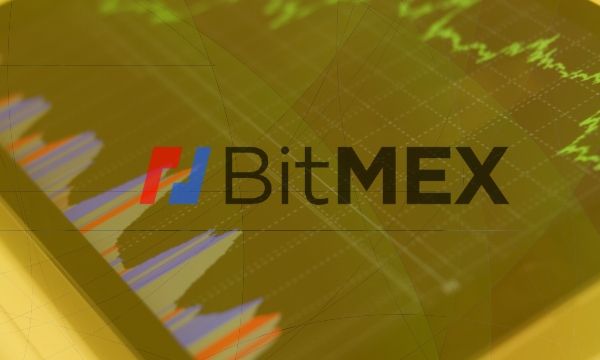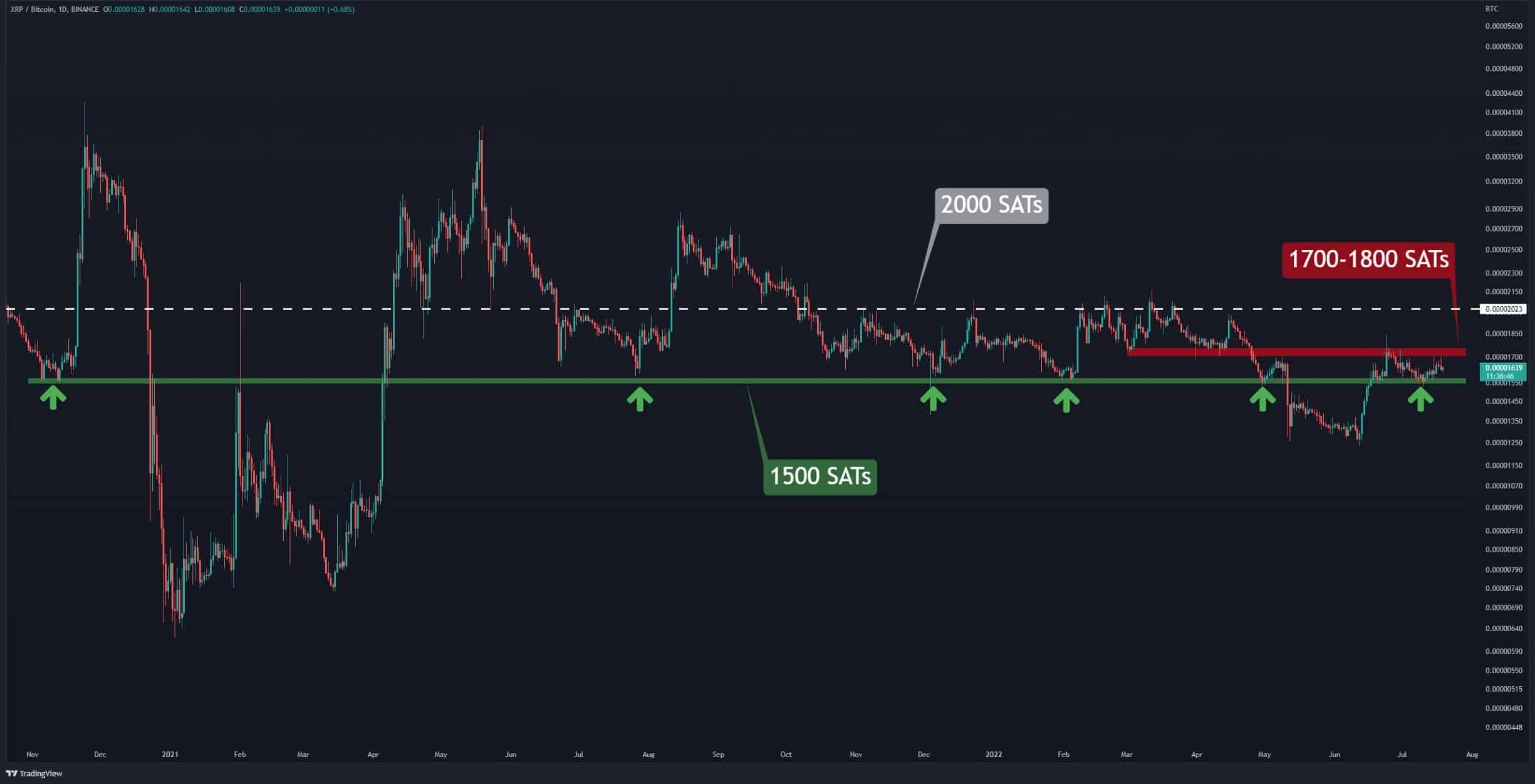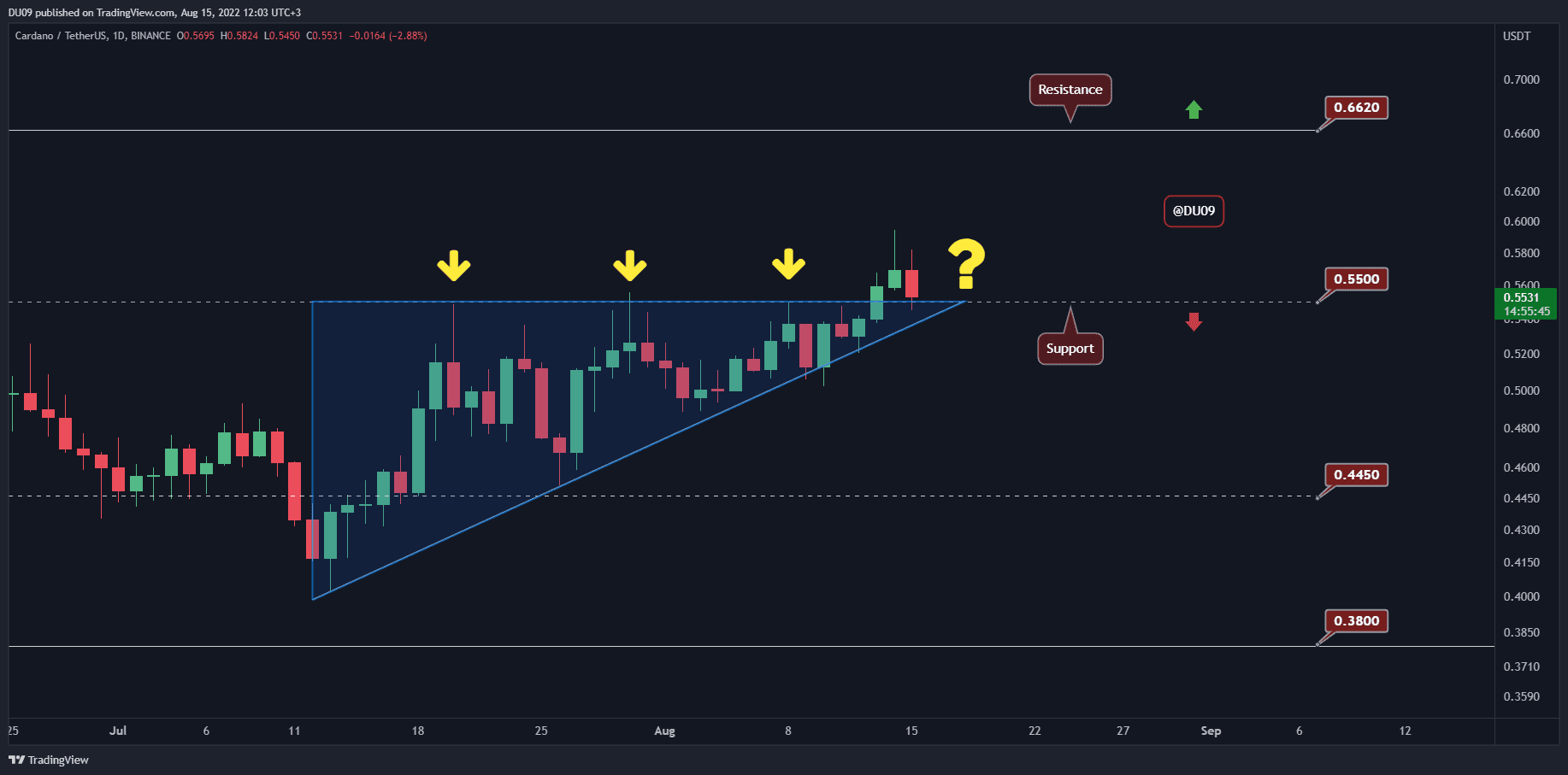Federal Reserve Officials Prohibited From Trading Bonds, Stocks, and Cryptocurrencies
A few months after introducing the first draft aiming to prohibit Fed officials from owning certain assets, the policymaking Federal Open Market Committee has updated the document to include cryptocurrencies.
- Reports emerged last year claiming that numerous Federal Reserve top employees traded stocks, bonds, and real estate securities in 2020, shortly before the central bank employed specific COVID-19-prompted policies that impacted the market.
- Some policymakers resigned after the revelations, but Fed Chair Jerome Powell insisted that the monetary body must enforce new rules on the matter. As such, the Federal Open Market Committee proposed rules in October that would prohibit senior bank officials from engaging with the aforementioned assets.
- The Fed took it a step further in the latest amendment that came out on Friday, which has already become formal. The majority of the rules below will take effect as of May 1st.
- It reads that senior officials will be prohibited from purchasing individual stocks or funds tracing business sectors. They also won’t be able to invest in individual bonds, commodities, foreign currencies, other securities, and cryptocurrencies. It’s worth noting that digital assets were not mentioned in the first draft.
- The new regulations also mean that officials holding market positions have one year to dispose of the prohibited ones.
- As of July 1st, top officials covered by the new rules must give 45 days’ notice before making any permissible purchases and will have to hold to those assets for at least a year.
- The new rules “aim to support public confidence in the impartiality and integrity of the Committee’s work by guarding against even the appearance of any conflict of interest,” – reads the statement.









